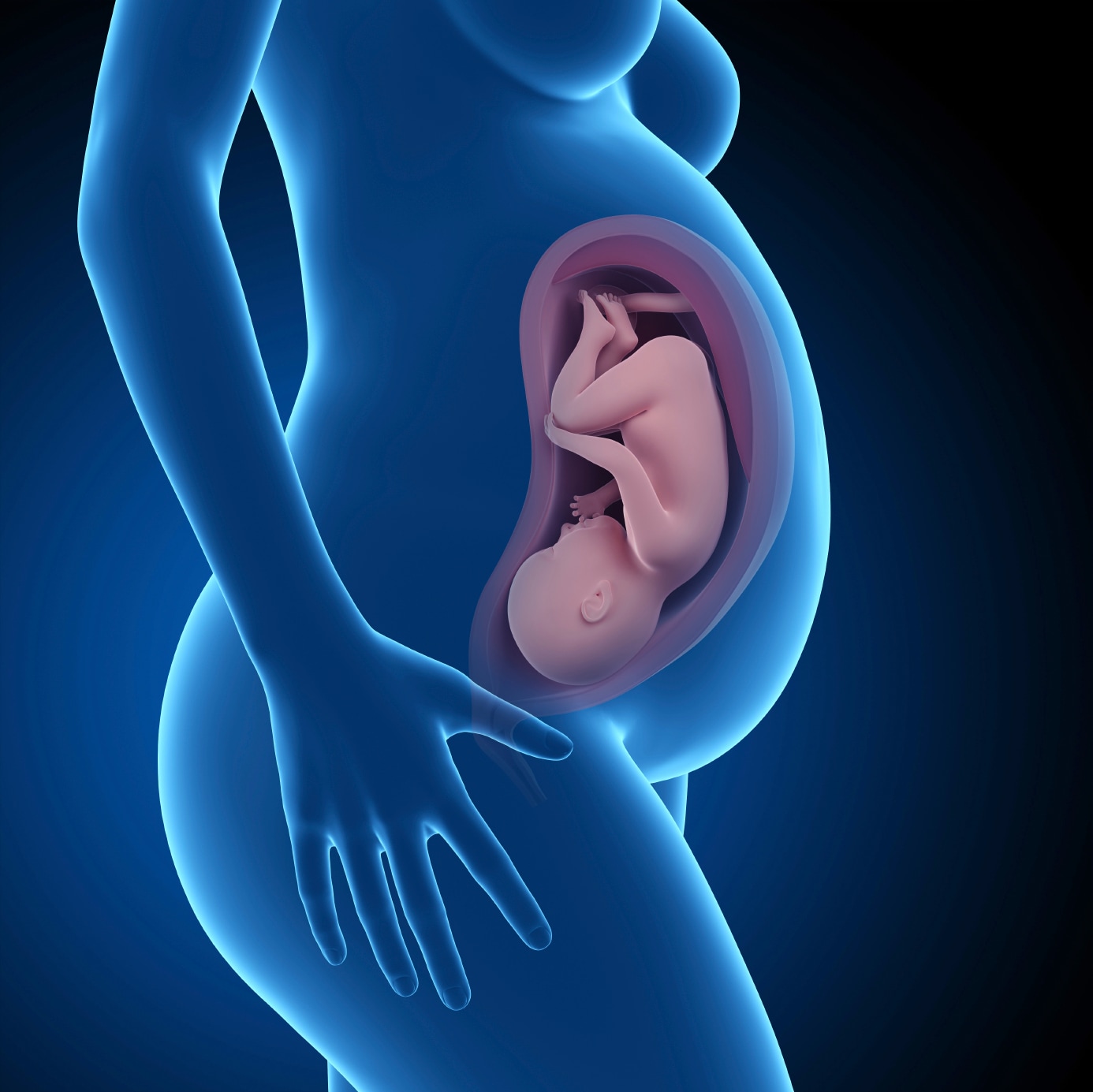The risk for incident atrial fibrillation (Afib) may be higher in individuals with insomnia and in those who wake frequently during night-time, according to a meta-analysis published inInternal Medicine Journal.However, the researchers did not find any association between sleep duration and the risk for incident Afib.
Researchers performed a systematic review and meta-analysis of 10 observational studies (n= 14,296,314) evaluating the associations of sleep quality related factors such as sleep duration, insomnia and frequent awakening with Afib.
Insomnia was associated with 1.3-fold increased risk for incident Afib (pooled OR, 1.30; 95% CI, 1.26-1.35). Individuals with frequent night-time awakening (≥3 times/week) had 1.4-fold increased risk for incident Afib (pooled OR, 1.36; 95% CI, 1.13-1.63).
According to the authors, sleep-related factors, especially sleep quality, may have a role to play in Afib pathogenesis. Several pathophysiologies influenced by sleep, including hyperexcitability of atrial tissue, increased cortisol level and blunted heart rate variability which activates or imbalances autonomic nervous system may contribute to the development of Afib. In patients with sleep-related disorders, shorter duration of rapid eye movement, inflammatory and accelerated atherogenic states are known to be associated with incident Afib.
"Poor sleep quality represents a modifiable risk factor for Afib. Awareness should be raised against these underrated problems and improving sleep quality may be considered as part of Afib prevention,” the authors said.



